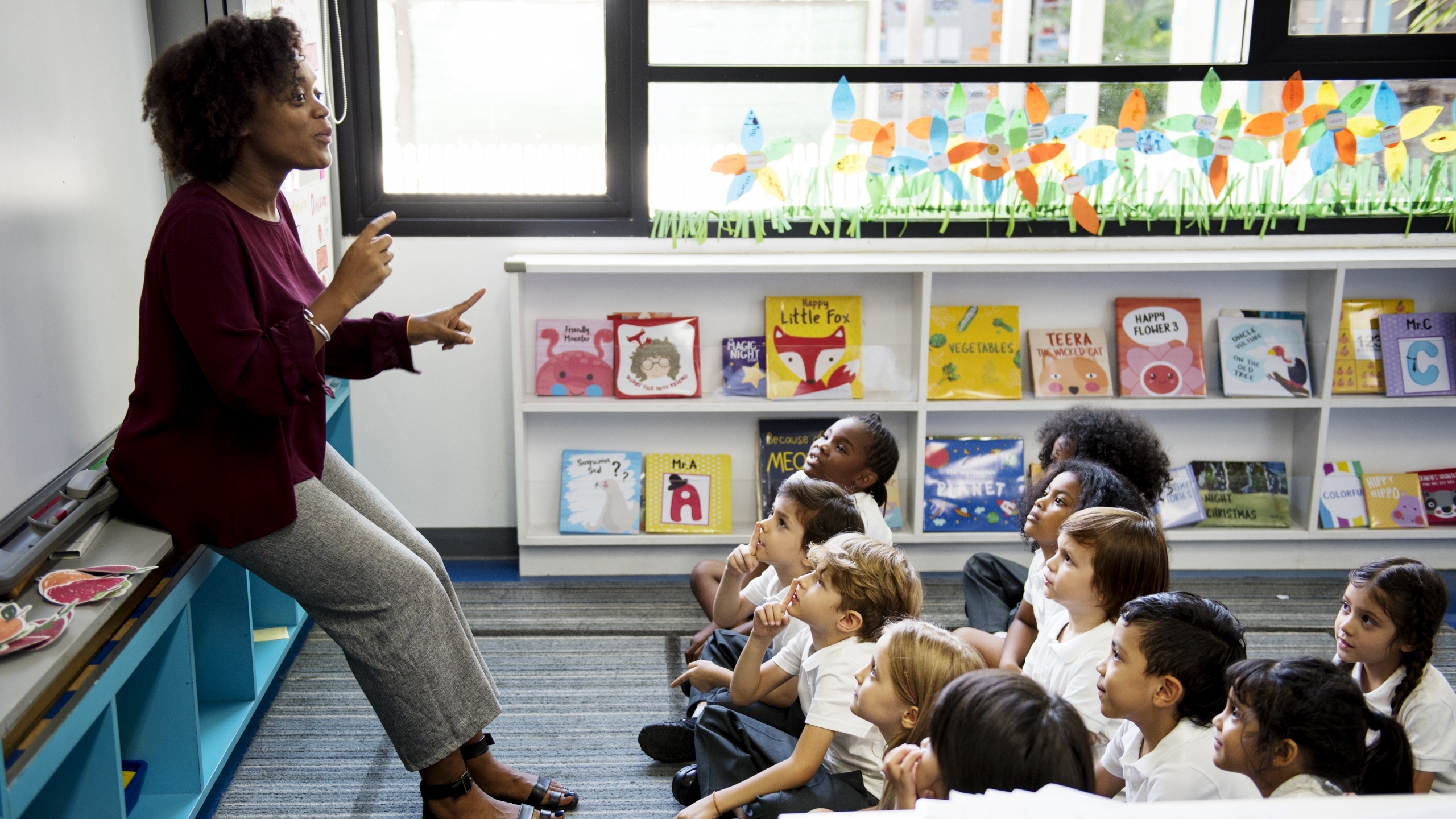Governor Kay Ivey and the Alabama Department of Early Childhood Education are proud to announce that the nationally recognized, high-quality Alabama First Class Pre-K program will add 135 new classrooms in 41 counties this fall. This is the first round of new classroom funding that will be released by the Alabama Department of Early Childhood Education. Additional classrooms will be funded based on further evaluation of high-needs areas prior to the commencement of the 2021-2022 school year.
New classrooms will expand access to the state-funded, voluntary pre-kindergarten program to 24,714 children in the 2021-2022 school year, with more than 1,373 classrooms statewide, moving closer to Alabama’s goal of serving 70 percent of eligible four-year-old children.
“Alabama’s First Class Pre-K has been recognized as a national model for delivering high-quality early childhood education and gives our youngest citizens a strong start to their educational journey,” Governor Ivey said. “I am glad to see that even more students will have access to Pre-K next year and look forward to the day that all Alabama families who want Pre-K for their children have access,” she said.
The Alabama Legislature approved Governor Ivey’s recommended budget increase for the Alabama Department of Early Childhood Education, which includes $151 million for the Office of School Readiness that administers First Class Pre-K. In addition to funding new classrooms throughout the state, the Alabama Department of Early Childhood Education will continue to ensure pay parity for all First Class Pre-K teachers with the same 2% pay raise as K-12 public school teachers in the upcoming school year.
“We are excited to add 135 new classrooms to our First Class Pre-K program in the coming year,” said Dr. Barbara Cooper, Secretary of the Alabama Department of Early Childhood Education. “In conversations with leaders across the state, it is apparent that the benefits of high-quality pre-k are well understood. Thank you to the organizations within the early learning mixed delivery system who have stepped up to partner with us to provide this valuable opportunity in all 67 counties,” said Secretary Cooper.
Students who participate in the Alabama First Class Pre-K program are more likely to be proficient in math and reading, with no evidence of fade out of the benefits of high-quality pre-k over time. These long-term results hold true even after controlled for student demographics and other variables such as poverty. Alabama has continued to prioritize and strengthen early learning during the pandemic.
“Alabama has committed to investing in our youngest learners through the pre-k program, and those investments continue to be recognized at the national level,” according to Secretary Barbara Cooper. “This was only made possible by continuous leadership from Governor Ivey and bipartisan legislative commitment to invest in quality early childhood education.”
A list of all classrooms can be found online.













































